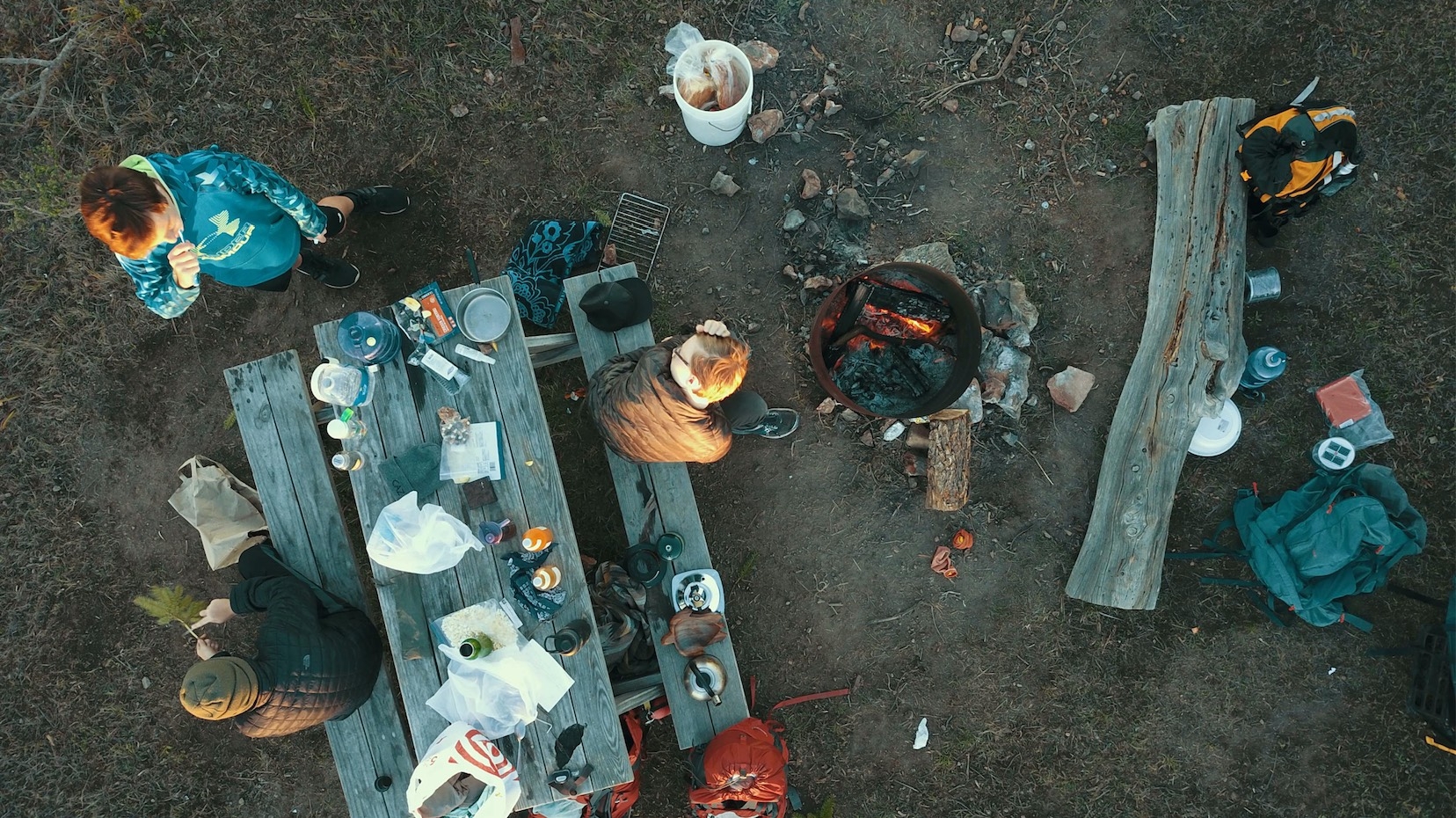New Beginnings
Last Thursday I met Dan. This meeting portends the first physical coming together of my next rites-of-passage youth group. It has begun!

Epistemic status: Reflective
Last Thursday I met Dan. This meeting portends the first physical coming together of my next rites-of-passage youth group. It has begun!
As I enter into the final year with my first Stepping Stones youth group, I have decided to take on another. This is my commitment to the importance I place on mentoring and modelling positive masculinities to boys as they are coming of age. But how does rites of passage relate to that?
One of the core beliefs of the Stepping Stones Project is that many industrialized societies/communities have let go of or forgotten collective rites of passage for youth, for the time period when they transition from childhood to adolescence.
Inherent in this belief is the forgotten importance of rites of passage; a collective way for us to mark and acknowledge the maturation process of youth, as they transition into later stages of development. This marking of maturation, and the role-modeling and mentoring that are bound up with it, can provide a crucial role in helping folk ‘find their place’, in their families, communities, or universe.
Stepping Stones use the concept of the ‘broken village’ to encapsulate the narrative of the letting go of youth rites of passage. For most of human civilization, the prototypical ‘way of life’ has largely revolved around the social group the size of a village. In our modern context, that sizing of social group is largely ‘broken’ over time and space. Our social time and attention tends to be split over a larger quantity of people, a larger area and without as much consistency over time. The innovation of ‘cities’ has resulted in many positive and negative disruptions in how humans have experienced their ‘way of life’, and the role of ‘city-life’ is related.
Some of the qualities of the ‘broken village’ model:
- We live in greater density of people and structures,
- This density means we know and rely on our immediate neighbors vastly less,
- The density tends to be co-located with the exclusion of nature; leading to a disassociation from nature and also our own bodies,
- There is less and less inter-generational co-location; we tend to be geographical separated from our blood families,
- These factors have come together to interrupt the prototypical developmental flow that existed in past ‘village’ life.
Some flow on implications from this simple model include:
- Feelings of trust, safety and belonging are harder to maintain/generate in larger groups;
- The increased alienation from nature and our bodies tends towards a spiritual or metaphysical alienation; feelings of ‘rootlessness’, isolation and loneliness seep in.
- While cities create diverse opportunities for communities to emerge around more fringe pursuits, creating new ways of belonging and connection, they have tended to not fully address all our social needs.
This all might read as me being a big downer on cities. I am not, I love them and think they have lots of interesting trade-offs. Just not wanting to tangent into all that
The Stepping Stones Project sees rites of passage as a crucial vehicle by which to address these interwoven challenges, and our specific program as one effort in returning rites of passage to modern life.
The organization focuses on the rite of passage that marks the transition from childhood to adolescence. But there is a network effect to how the organization integrates the leaders, youth, families-of-youth and elders into this process. Groups include two co-leaders and an elder, striving to close the inter-generational gap. Initiation is the recurring theme with rites of passage; as we initiate the youth into young adulthood, the leaders and elders are being initiated into new roles and responsibilities, as mentors and wisdom-sharers. The life of the group also seeks to involve parents in their own initiation; coming into being a parent for a young adult. An experience that is decidedly different than being the parent of a ‘kid’. These initiations, if marked and witnessed, can also be seen as rites of passage for new or different phases of our adult lives.
This is ultimately in service of maturation, across generations.
Marking and noting these transitions and maturations is vital to an individual’s integration of them. The more we can return that to our lives, the more we will be able to collectively and individually navigate the challenges ahead of us. To loop us back to the initial spark of this piece, I’m looking forward to introducing another collection of families to this rite.
Please support the Stepping Stones Project if you can; donate your money, your time or fill one of the open roles!